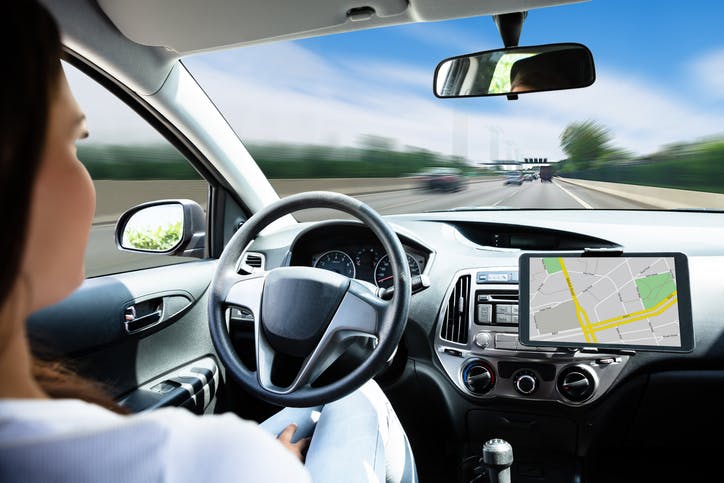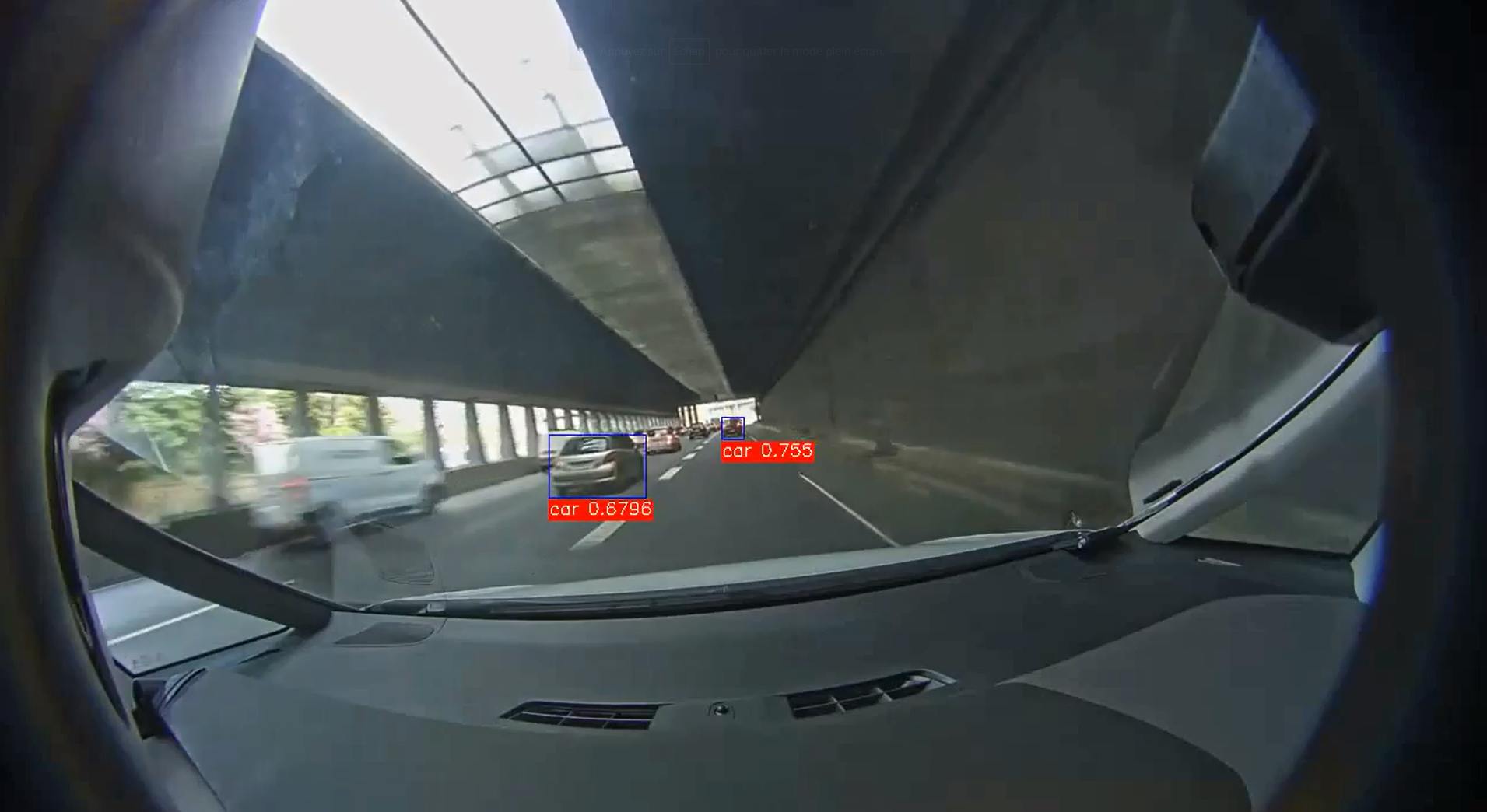Stellantis & Deepomatic: Data Indexation and Anonymization
Early 2019, Stellantis selected Deepomatic following an international RFP. The company wanted to optimize its data indexation and anonymization processes. Its R&D department now benefits from a no-code development platform used to train deep learning-based image recognition algorithms Thanks to its platform, Deepomatic makes it possible for detection models to scan internal data in order to flag unique driving conditions (i.e. tunnel, snow etc.) and anonymize them if necessary.

Develop deep learning algorithms for object recognition
As part of their R&D program, Stellantis wishes to further develop their technology behind self-driving vehicles. More particularly, this project helps gather a considerable amount of contextual images of various driving conditions: precious information which adds real data to the basic driving script and to contextual environments.
When it comes to Deep Learning, the first objective is to feed advanced driver-assistance systems (ADAS) with indexed data. In doing so, Stellantis also fulfills their second objective, which is to anonymize data in order to further comply with GDPR.The challenge lies in evaluating the well-being of mice in their laboratory environment and detecting changes in behavior that may be induced by a drug candidate or a pathology induced in the animal model. In genetically modified mice, the solution must meet the legal requirement of looking for any signs of altered animal welfare. As mice live at night, it is the ideal time to observe their behavior and identify changes in activity. However, at present, most experiments are carried out during the day, by short and repeated measurements or observations of a few minutes, by manipulating the mice out of their cage. Due to the human work rhythm, the information obtained in the studies is partial and imperfect: the change in environment induces a high level of stress in mice, which can in fact bias behavioral observation.
Benefits
#1 Automation
Once the models developed by Deepomatic are built into the platform, they are extensively used in order to make manual intervention unnecessary. As a result, Deepomatic’s automatons reduce expenses whilst increasing reliability at the same time.
#2 Regulations
The platform further supports the company’s compliance with GDPR (General Data Protection Regulation – EU).
#3 Staff Autonomy
Deepomatic works hand in hand with R&D experts when deploying AI-powered technologies. Their input in terms of concept annotations and model deployment within their environment’s features has been valuable.

“Deepomatic and Stellantis teams collaborated fully and effectively to integrate the solution in a variety of technical environments.By improving the quality of our mouse observation processes, Deepomatic’s solution allows us to extract valuable information to better assess the well-being of the mice used in research.”
Fabien Figueres and Jean-Louis SauvagetBig Data-AI methodologies engineer and Vehicle Functional Architecture Expert / R&DStellantis